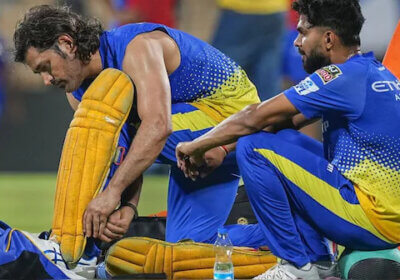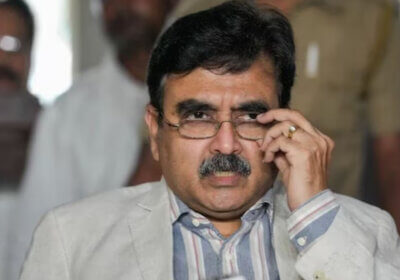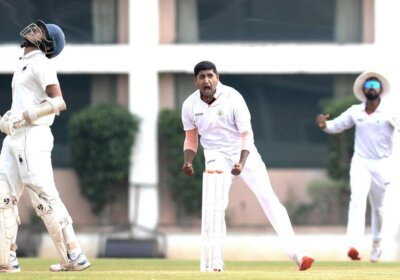Karnataka begins voting as the BJP, Cong, and JD-S compete for a majority
Voting began in the morning Wednesday for the vital legislative elections in Karnataka. In this state, where the ruling Bharatiya Janata Party is attempting to write history by holding onto its southern citadel and a combative Congress is eyeing a comeback ahead of the 2024 Lok Sabha elections, both parties are engaged in bitter rivalries.
A three-way race in this elections
A three-way race between the incumbent BJP, the Congress, and the Janata Dal-Secular of former prime minister H D Deve Gowda is taking place for 224 seats.
The electoral future of many leaders is at the stake
The day-long exercise will decide the electoral future of key figures, including JD-S leader H D Kumaraswamy, Congress veterans Siddaramaiah and D K Shivakumar, and Chief Minister Basavaraj Bommai.
The process of tallying the votes cast will start on May 13.
General Facts Regarding the 2023 Karnataka assembly elections
The voting, which started at 7 am under heavy security, will last until 6 in the evening.
In 58,545 polling locations across the state, where 2,615 candidates are running for office, a total of 5,31,33,054 electors are eligible to vote.
2,67,28,053 men, 2,64,00,074 women, and 4,927 “others” make up the electorate, while 2,430 men, 184 women, and one person of a third gender make up the candidates.
A total of 76,202 voter-verifiable paper audit trails (VVPAT), 70,300 control units (CU), and 75,603 ballot units (BU) will be used during the voting.
All three major parties want to seize control
While the governing BJP seeks to break the 38-year curse and strengthen its hold on its southern stronghold while riding the Modi wave. Since 1985, no incumbent party has been elected to office in the State.
The Congress wants to seize control to give the party the breathing room and momentum it needs to establish itself as the main opponent in the 2024 parliamentary elections.
In the event of a hung verdict, it will be interesting to see if the JD-S, as in the past, plays the role of a “kingmaker” or a “king” by holding the key to government formation.
There is tight security across the state
According to election officials, comprehensive security plans have been put in place throughout the state to ensure a smooth election process, and forces from neighboring states have also been sent in.
On election day, the entire state is covered by 84,119 State Police Officers and 58,500 CAPF (Central Armed Police Forces) police in 650 CoYs (companies).
As a force multiplier, “Critical Polling Stations” are protected by one or more of the measures like Micro Observers, Webcasting, and CCTVs to keep an eye on the voting process.
Election Commission’s idea to organize elections in the middle of the week
The Election Commission came up with the idea of holding the election in the middle of the week to prevent people from planning an outing by combining the election day holiday with the weekend break.
About the 2018 General Elections
In 2018, 72.36 percent of eligible voters cast ballots.
The BJP won 104 seats in the 2018 assembly elections, making it the single-largest party. The Congress came in second with 80 seats, and the JD-S came in third with 37.
After that, the Congress-JD(S) coalition formed the government with Kumaraswamy as the chief minister. However, the shaky regime fell apart in just 14 months as a result of 17 legislators quitting the coalition and defecting to the BJP, which helped the latter party regain power.
In the subsequent byelections held in 2019, the ruling party took home 12 of the 15 seats.
The BJP has 116 MLAs in the current assembly, followed by the Congress at 69, the JD-S at 29, the BSP at 1, two Independents at 1, the Speaker at 1, and vacant seats totaling six (due to deaths and resignations to join other parties ahead of elections).























Pingback: Karnataka Elections: Nearly 37 percent voter turnout till 1 PM